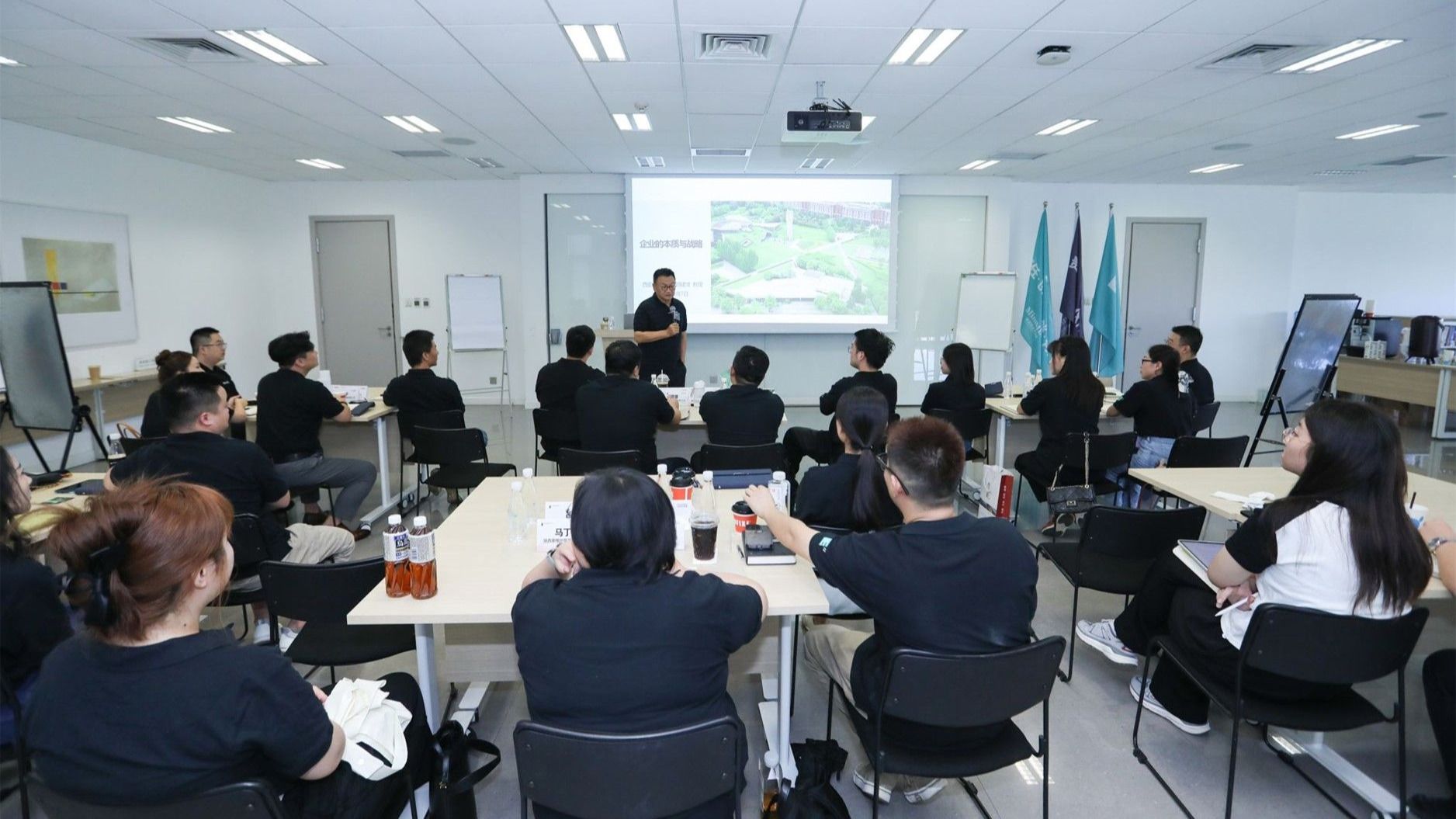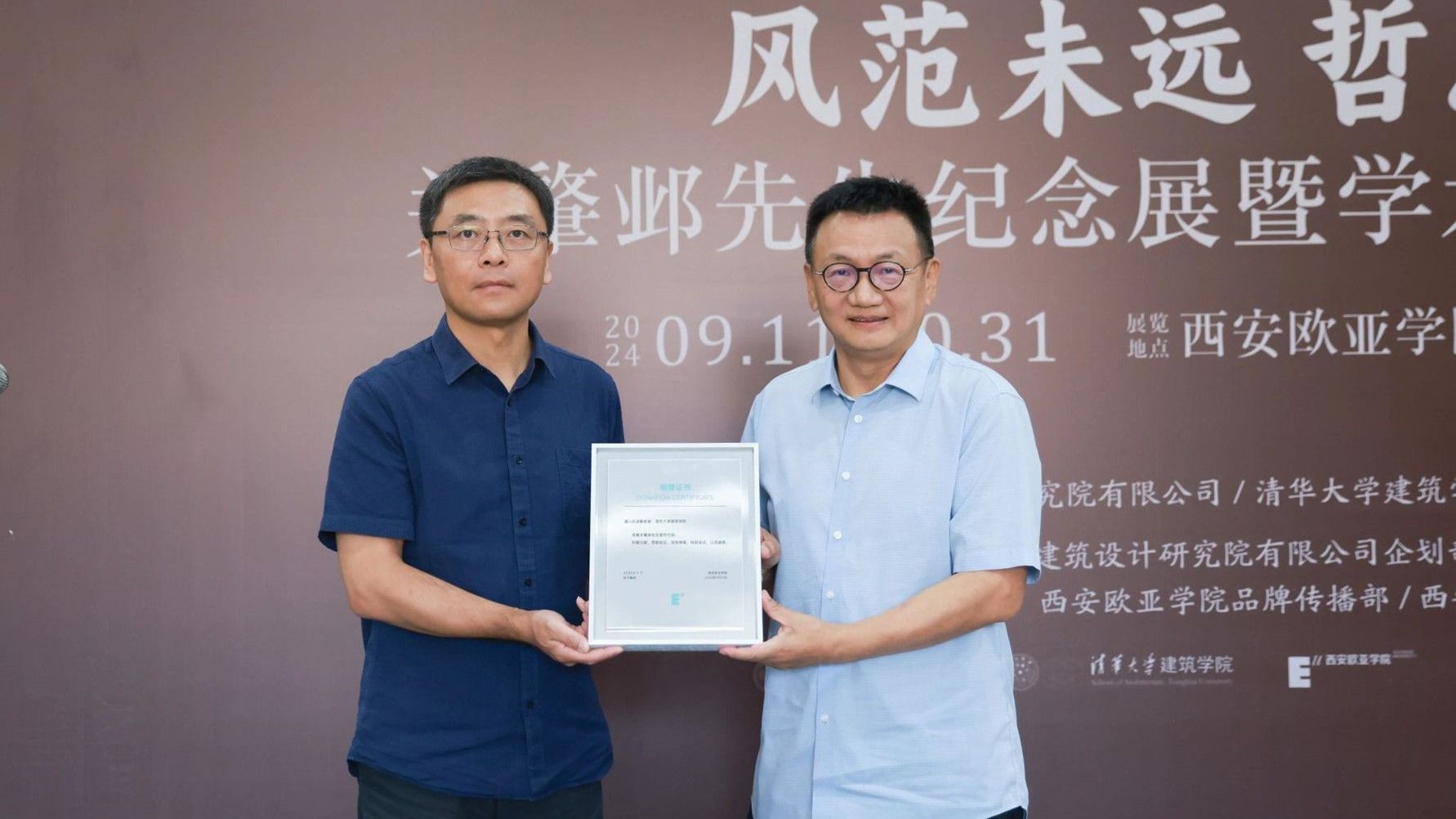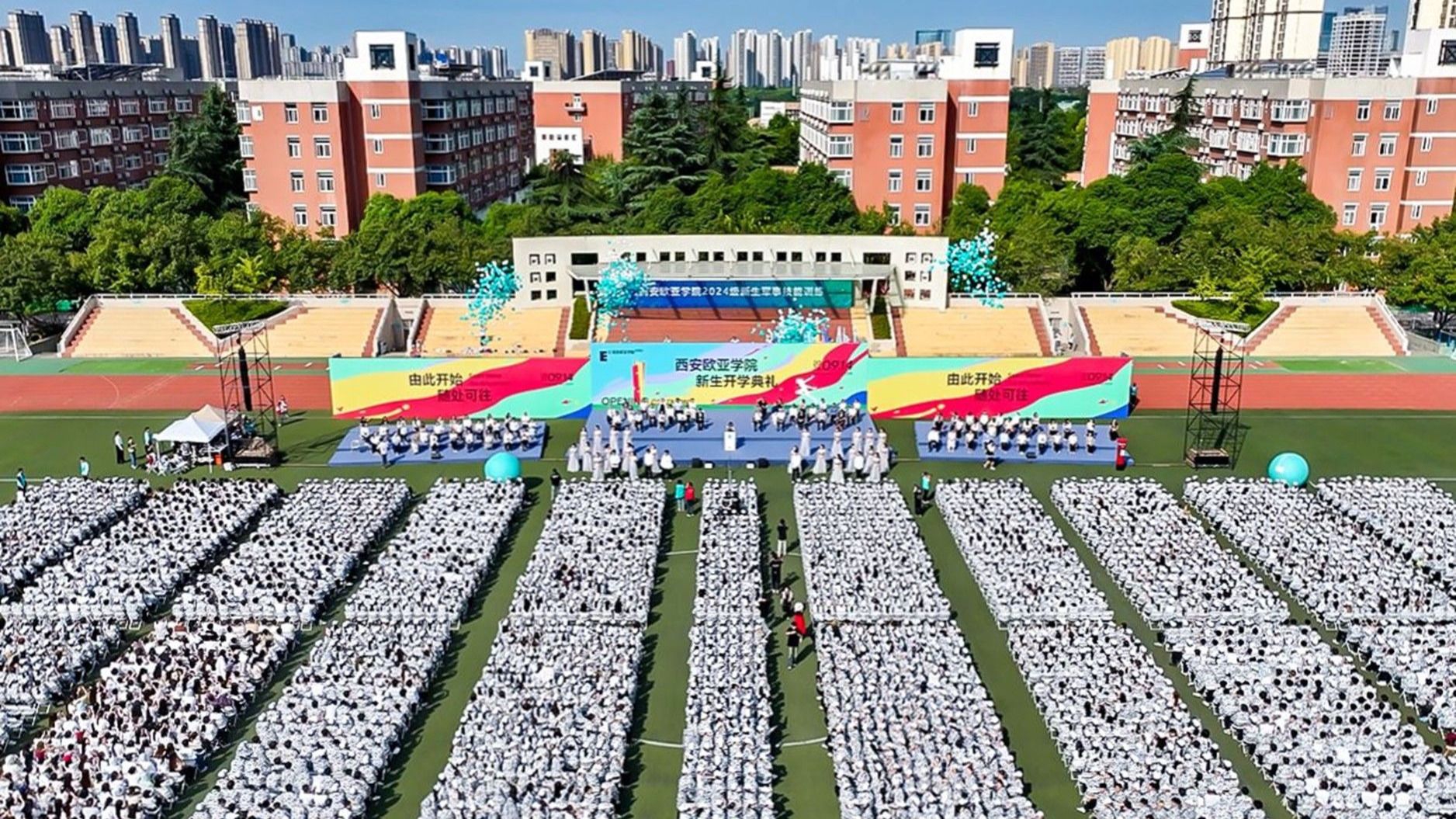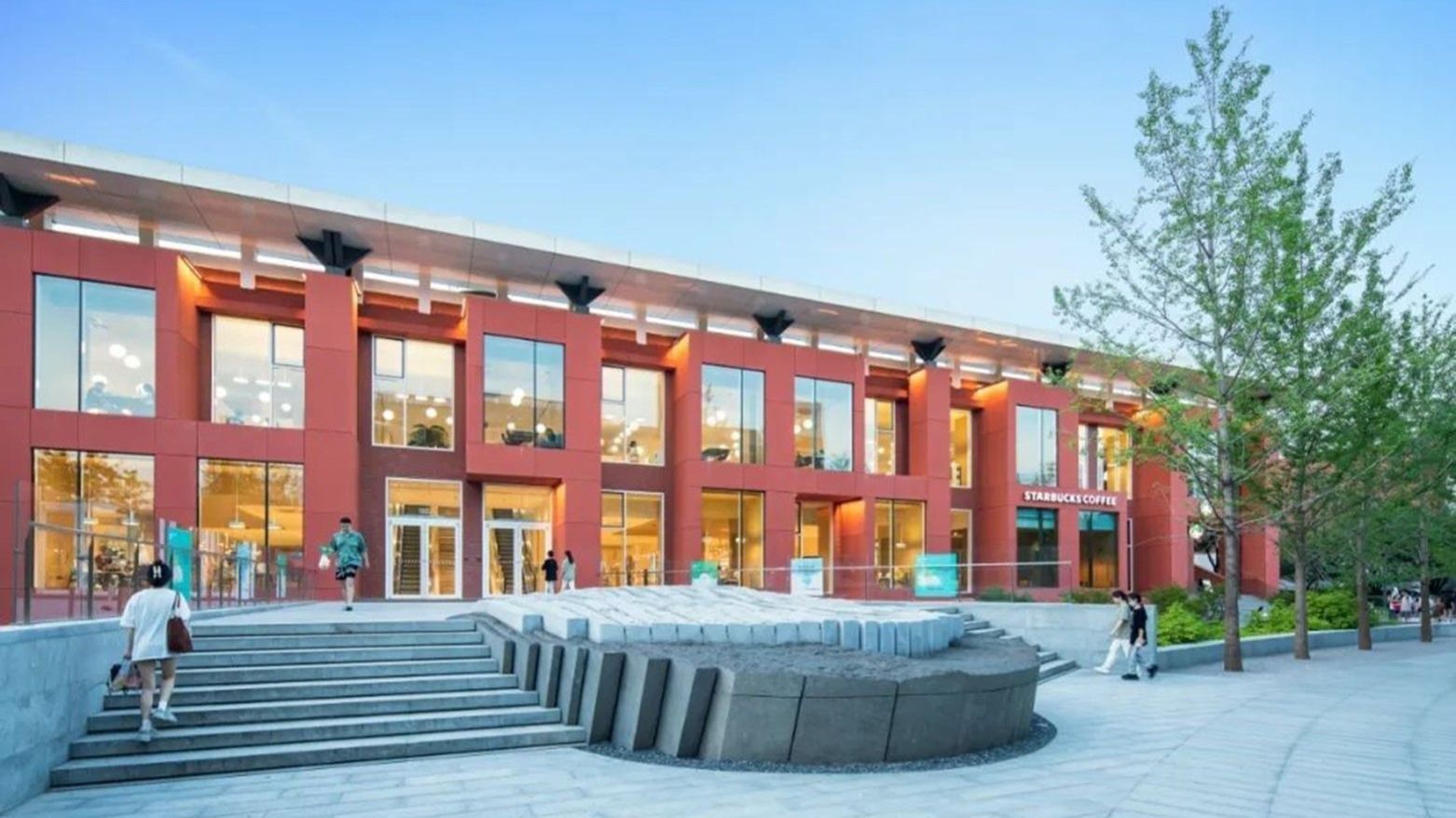Editor’s note: In 2020, the national enrollment rate of higher-education institutions in China has surpassed 50%, indicating that higher education in China has ente red a popularized stage. In this stage, higher education institutions have not only improved in scale and number, but more in quality. On December 23, the online Education Weekly of the People's Political Consultative Daily published an article written by Professor Hu Jianbo, the founder and president of Xi’an Eurasia University and the vice president of China Private Education Association. Titled Defeat Fear with Passion – High-quality Development of Private Colleges at the stage of Higher Education Popularization, the article includes thorough elaboration and analysis on the features of higher-education popularization and high-quality development of Xi’an Eurasia University. The full article is presented as follows:
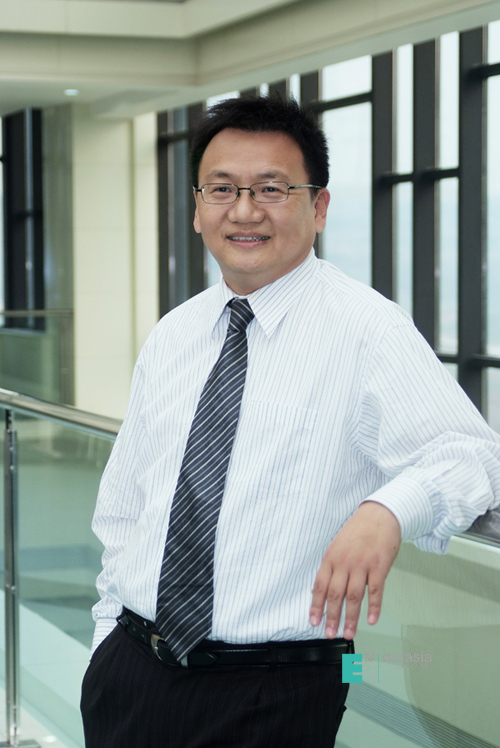
01 Defeat Fear with Passion. Promote Private Higher Education Quality in Compliance with the Law
After being revised in 2016, the Private Education Promotion Law has granted private education institutions the right to seek profits, which has resolved a critical fundamental problem that has been long hindering private education’s healthy development. Before the revision, the Private Education Promotion Law stipulated that private educational institutions are non-profit entities, though allowing the institutions to obtain appropriate payments. In such case, private educational institutions’ juridical person and property ownership are not clearly defined, and the government cannot provide proper support or supervision on the institutions. After the revision, non-profit private education institutions can obtain more policy support and public resources, while profit institutions can openly seek profits and get guaranteed of their legal interests. In this way, the two kinds of education institutions can maximize their values and teaching quality.
For school operators, neither way is easy, whether to seek profits or not. Operators of profit educational institutions face greater market competition and operational risks, while operators of non-profit institutions often fear loosing control of their institutions. Just think about it, a school you have put decades and generations of effort and hard work in finally becomes a public welfare facility that has nothing to do with you. These ideas are quite understandable.
Actually, many private higher education institution founders recognize their schools as social welfare undertakings. They don’t want to hold the institutions as their personal properties. I believe that several decades later, there will appear many non-profit private educational institutions like Harvard and Yale in China. Though the institutions are private, they don’t belong to any individuals. Their property rights will be entrusted by foundations. Such a prospect may not be realized until the third generation of private school founders appear on the scene.
Professor Xiao Zhixing from the management department of China Europe International Business School once wrote a book titled Defeat Fear with Passion. The book mentions that there are three kinds of factors driving institution development, namely pressure of survival, fear and passion. This applies to the development of most institutions, including private educational institutions. At the founding of a school, the founder and school staff are mainly driven by the pressure of survival. They have to work hard to acquire various resources, especially students and school buildings. After the school begins to take shape, the school’s operators will transfer their focus to teaching quality, especially after the adjustment of Private Education Promotion Law. They may fear to fall behind in the fierce competition, and fear losing their school assets and control on their schools.
As far as I’m concerned, confrontation or evasion is not the right way to defeat fear. Only passion for education can realize internal freedom.
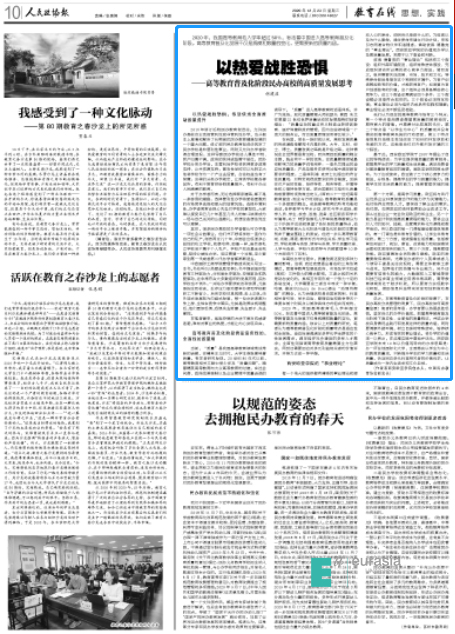
02 An Adaptive and Comprehensive Outlook on Quality is Required in the Higher Education Popularization Stage
Currently, quality is a frequently mentioned topic in China’s higher education field. In the era of elite-oriented higher education, university stands for high quality education. Researches find that before 1980s, quality problems were rarely mentioned in higher education related documents. Under the transition from elite-oriented higher education to mass higher education, quality has entered the discourse system of higher education with an increasingly emphasis on quality in social accountability, government policy implementation and enterprise management. In his anticipation on the development trend of the 21st century global quality campaign, modern quality management expert Joseph M. Juran has indicated that, the focus of quality campaign will turn from manufacturing to education, health care and government management. Quality principles are rarely applied in these areas which comprise a large scale service segment.
In China, higher education institutions improve quality in a traditional route from developing junior college programs to degree programs of bachelor's degree, master's degree and doctoral degree. This is common for education institutions all around the world. However, if we focus on quality itself, things will be quite different. There are two most influential quality theories in the field of quality management. One is the adaptive quality theory proposed by Juran, which indicates the degree that a product or service satisfies customers during usage. The other is Philip Crosby's value that defines quality as conformity to requirements. The degree of conformity to specific specifications or requirements is reflected in the performance of products, as well as economic, service, environmental and psychological characteristics. The United Nations Educational, Scientific and Cultural Organization (UNESCO) defines quality from the perspective of its components. It points out in the Higher Education: Vision and Action For The Coming Century that "Quality in higher education is a multidimensional concept, which should embrace all its functions, and activities: teaching and academic programmes, research and scholarship, staffing, students, buildings, facilities, equipment, services to the community and the academic environment." Martin Trow has divided higher education into three stages according to the gross enrollment rate and summarized and predicted its quality characteristics in each stage. He believes that the main difference between mass higher education and universal higher education lies in the qualitative change based on the quantitative change. He further distinguishes 10 aspects, namely the concept of higher education, function, curriculum, teaching form and teacher-student relationship, students' learning experience, school size and type, leadership and decision-making, academic quality standards, admission and selection, as well as the administrative leadership and internal management of the school.
In the process of running a higher education institution, quality development is also affected by various factors. Burton Clark once put forward the famous triangular coordination model. It indicates that the development of higher education is subject to the combined influence of the government, the market and the academic authority (higher education institutions). The relationship between the three forces is dynamic and their interaction forms a tense context space. Universities need to seek a balance among the three. Harry de Boer once put forward the concept of "governance equalizer". He believes that the governance structure is formed by five dimensions — state regulation, stakeholder guidance, academic self-governance, managerial self-governance, and competition, in a specific way at some point in time.
In 2020, China's gross enrollment rate of higher education institutions has surpassed 50%, indicating that higher education in China has entered a popularized stage. Through the summary of the above research on quality, I believe that the characteristics of quality in the universal higher education stage lie in adaptability and comprehensiveness. Adaptability stresses meeting the needs of serving personality development of different student groups and those of cultivating diversified talent for economic and social construction. Comprehensiveness emphasizes the all-round implementation of quality in higher education. Meanwhile, higher education institutions also need to respond to the value demands of multiple stakeholders and strive to achieve a balance.
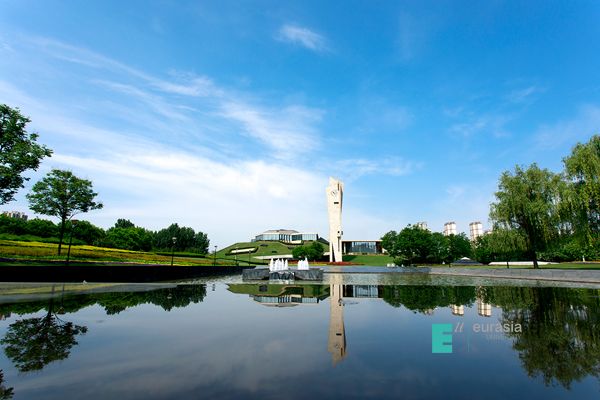
03 Xi’an Eurasia University's “Theory of the Business”
Every great organization has a clear theory of the business and a persuasive mission of explaining what it does and for whom and why it does such things. Those organizations develop their action plans based on their missions to attract partners and followers with same goals. Based on Peter Drucker's "Theory of the Business", Xi'an Eurasia University's value-oriented education and high-quality development benefit from the following assumptions and judgments:
Peter Drucker's "Theory of the Business" includes three assumptions — the one about the external environment of the organization, the one about the special mission of the organization and the one about the core competitiveness necessary to complete the organization's mission. In short, organizations need to pay attention to the policies, market, technologies and culture. The assumption about the special mission indicates that the only way for an organization to win customers is to create some unique value in a predicted environment. The third assumption points out that the organization must have some core competitiveness if it is to create unique value for customers. In addition, these three assumptions still need to meet the following four conditions: they must conform to reality; they must be coordinated with each other; the theory of the business must be known and understood by all members of the organization; this theory must be constantly tested.
We believe that the current higher education market has three characteristics: First, consumers expect high-quality education experiences and greater added value and are willing to pay a higher price. Second, the "student-centered" outlook on quality has not been implemented as an action of the higher education system. Third, information technology has fundamentally changed the way to develop, acquire and transmit knowledge. These three points are our assumptions about the external market environment.
Based on them, Xi'an Eurasia University put forward its special mission of providing high-quality educational services for students in 2007. It means that the fundamental mission of Xi'an Eurasia University is to improve students' learning quality and quality of life and meet consumers' desire for high-quality education experiences. To this end, Xi’an Eurasia University has proposed three assumptions about core competitiveness, namely, being able to improve students' learning quality, raise students' quality of life and increase management efficiency.
The first aspect is improving learning quality, Xi’an Eurasia University stays committed to regarding the ability to roll out in-depth cooperation with outstanding enterprises in various industries as the key. To train applied talent, we must have a deep understanding of the needs of enterprises. Xi’an Eurasia University's idea is that if our teachers can help enterprises improve their work, they will definitely welcome our graduates. Another ability needed for Xi’an Eurasia University is to design and implement high-quality courses, being able to transform enterprises' demand for knowledge, skills and attitudes of talent into courses and teaching activities. Therefore, the building of every course at Xi’an Eurasia University is very difficult, while every course is very valuable and meaningful for students. The second aspect is constantly raising the quality of life, including the ability to design, plan, build, and reconstruct educational space and that in high-efficiency campus operations and quality service provision. The third lies in increasing management efficiency. Xi’an Eurasia University should stimulate the enthusiasm and potential of all staff members and go into every detail about quality. Such requirements cannot be achieved only by the founder himself or several leaders, but can be realized by the participation of all faculty members and giving full play to their enthusiasm and professional competence. In addition, Xi’an Eurasia University needs to achieve informatization. The application of new technologies such as big data and artificial intelligence has been active in the commercial field, but that in the field of higher education is still in its infancy. Therefore, Xi’an Eurasia University should strive to realize digital transformation and promote efficient, innovative and high-quality development with the help of information technology.
In short, in the context of the universalization of higher education and the classified management of private higher education institutions, my consideration about how private higher education institutions can realize high-quality development is that: school operators should overcome fear with love and strengthen their own school-running values. They should grasp the adaptive and comprehensive characteristics of quality in the universal higher education stage, and practice and develop such quality connotation in combination with the school's own conditions. At the same time, they should have an insight into the external environment, set up their own special mission, develop their core competitiveness, and establish an effective theory of the business, persisting in the implementation and improvement of their school-running values in everyday practice.
Xi’an Eurasia University's idea on value-oriented education in the next 10 years is to set up a local international university, which fully implements the student-centered outlook on education quality, continuously improves students' learning quality and quality of life, and properly responds to the value demand of multiple stakeholders, making quality an endogenous pursuit and cultural awareness.
(Reprinted from: People's Political Consultative Daily)



